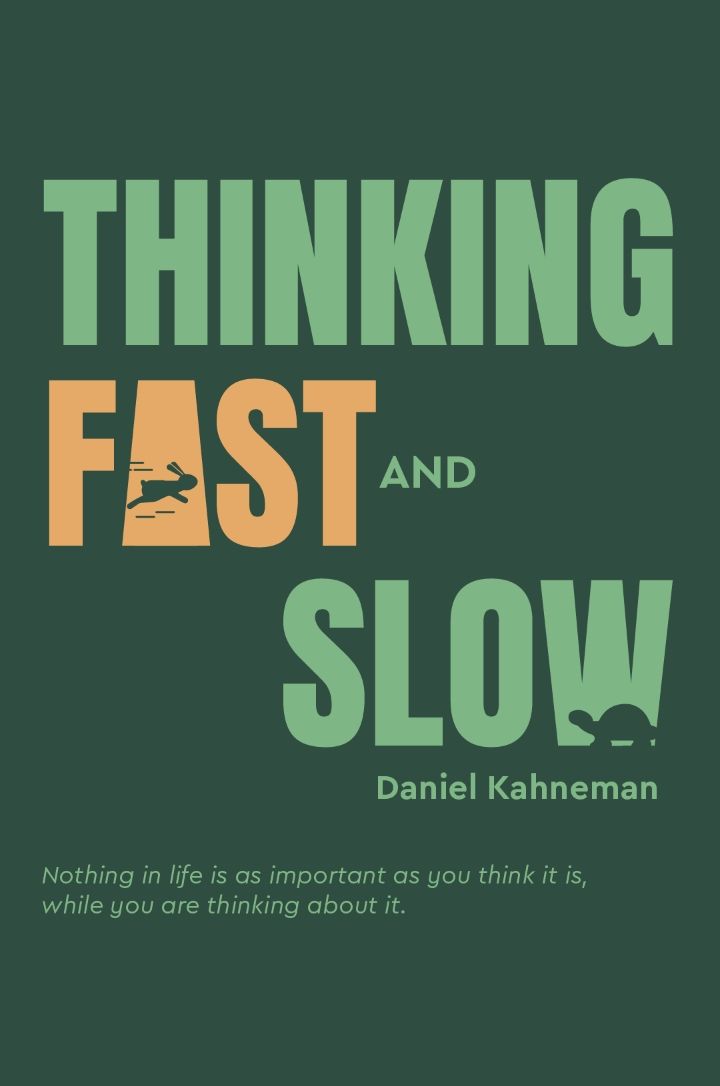Audio available in app
Emotions play a critical role in decisionmaking and memory retention from "summary" of Cognitive Neuroscience by Gazzaniga,Michael,Ivry,Richard B.,Mangun,George R.
Emotions fundamentally influence the processes of decision-making and memory. When individuals encounter situations, emotional responses can shape the choices they make, often guiding them toward options that align with their feelings. This interplay is evident in everyday scenarios, where a positive emotional state can lead to risk-taking and optimistic choices, while negative emotions might result in caution and avoidance. The connection between emotional states and memory retention is equally significant. Emotional experiences tend to be remembered more vividly than neutral ones. This phenomenon is attributed to the amygdala, which enhances the encoding of memories tied to emotional events. The stronger the emotional response, the more likely a memory will be consolidated in the brain. This is why significant life events, often laden with emotional weight, are recalled with clarity and detail. The role of emotions in decision-making extends to social contexts. Emotions provide essential cues that help navigate complex social interactions. For example, feelings of empathy can drive prosocial behaviors, while fear may trigger defensive responses. Such emotional cues enhance the ability to predict the outcomes of decisions in social environments. The integration of emotions into cognitive processes underscores their importance in adaptive behavior. Understanding how emotions inform choices and shape memories can lead to greater awareness of human behavior. This insight can be particularly useful in fields such as psychology, marketing, and education, where leveraging emotional engagement can enhance learning and influence decisions. Recognizing the intertwining nature of emotion and cognition reveals a more nuanced understanding of human experience, highlighting how deeply intertwined feelings are with the functioning of the mind.Similar Posts
Culture influences communication patterns
Culture deeply shapes how people communicate with one another. The way individuals speak, express themselves, and interpret mes...
Encouraging reflection on learning strategies
Encouraging reflection on learning strategies involves prompting students to think about how they approach their learning. By c...
Selfawareness is a key aspect of ethical development
Self-awareness plays a crucial role in the ethical development of individuals. By being self-aware, individuals are able to ref...

Engage in debate to stimulate critical thinking skills
When we engage in debate, we are not just voicing our opinions or arguing for the sake of winning. Rather, we are actively part...
Thaler encourages policymakers to consider behavioral insights
Thaler argues that policymakers should take into account behavioral insights when designing policies and interventions. By unde...
Accepting failures as learning opportunities is key to growth
The idea that failures can be powerful learning opportunities is a fundamental concept in personal growth and development. When...
We must accept responsibility for our choices
Accepting responsibility for our choices is a fundamental aspect of living a fulfilled and meaningful life. It requires us to a...
We must embrace and engage with our emotions to heal and grow
To truly heal and grow as individuals, we must not shy away from our emotions. Emotions are not obstacles to overcome; they are...
Cultivating mindfulness can enhance emotional intelligence
Mindfulness involves paying full attention to what is happening in the moment, without judgment or reaction. By cultivating min...

System 2 allocates attention to the effortful mental activity
System 2 is the part of our mind that requires attention and mental effort to function. It is responsible for activities that d...
